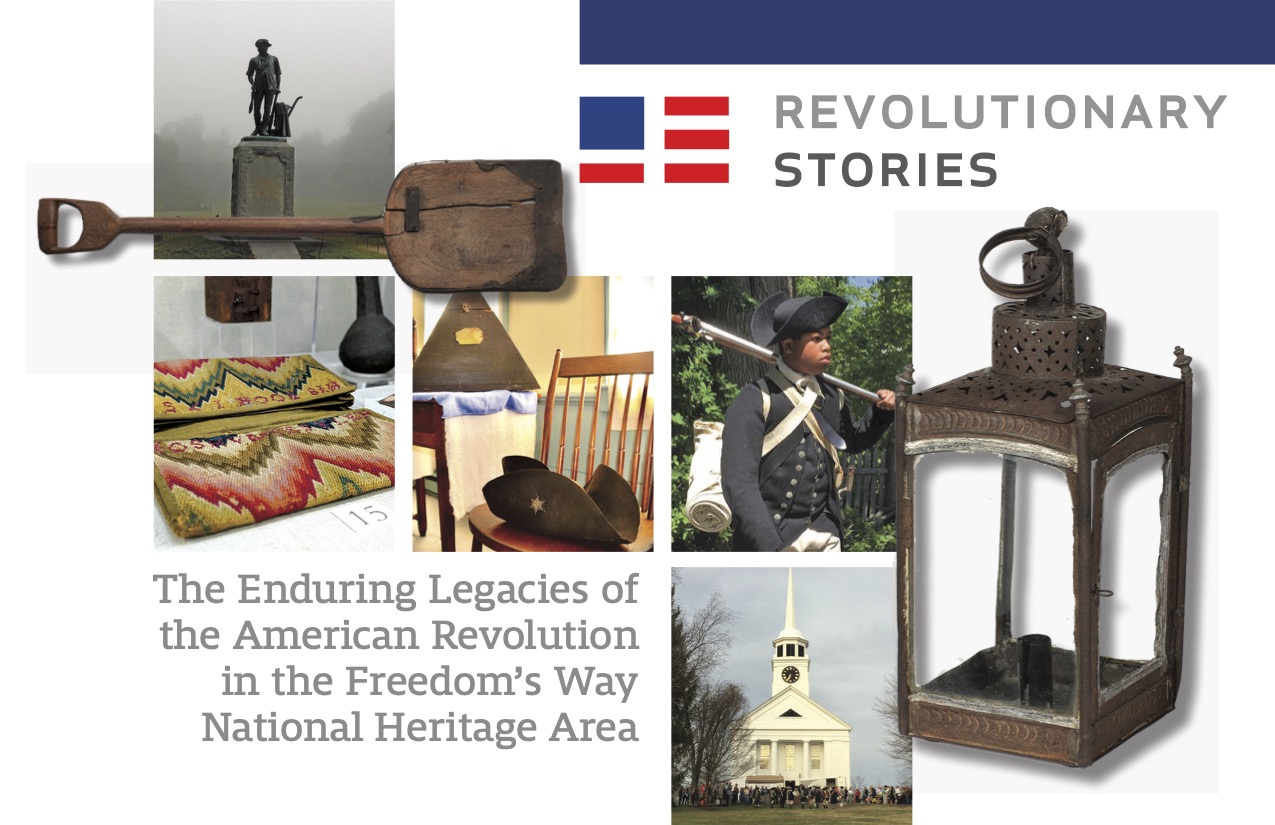Join us for a three-part series of free informational webinars designed to provide technical assistance on research techniques as well as practical examples on how to create interpretive and educational experiences to share stories about the people, places, and events during the American Revolutionary War Period.
Thursday, October 20, 2022
2:00-3:30 pm
Getting Started: An overview of resources and strategies for local history research on Freedom’s Way towns, land, and inhabitants before 1800, with an emphasis on the Revolutionary War period, ca 1753 – 1790 presented by public historian Mary Fuhrer.
Click here to register via Zoom for 10/20.
Thursday, October 27, 2022
2:00-3:30 pm
Researching the Stories of Women in the Heritage Area: Introducing strategies and best practices used to uncover the stories of women in the Heritage Area during the Revolutionary War Period presented by LexSeeHer.
Click here to register via Zoom for 10/27.
CANCELLED DUE TO UNFORESEEN CIRCUMSTANCES — Thursday, November 3, 2022
Researching the stories of free and enslaved African Americans in the Heritage Area: Introducing strategies and best practices used to uncover the stories of free and enslaved African American during the period of the American Revolution presented by The Atlantic Black Box Project.
About Revolutionary Stories: As we prepare for the 250th anniversary commemoration of our nation’s founding, Freedom’s Way National Heritage Area, with support from the Massachusetts Society of the Cincinnati and in partnership with the National Park Service and local communities, is undertaking a region-wide initiative to gather, record, interpret and share both well-known and underrepresented stories about the people, places, events and objects that relate to the periods before, after and during the American Revolution in the region.
Revolutionary Stories: The Enduring Legacies of the American Revolution in the Freedom’s Way National Heritage Area brings awareness to the diverse perspectives, inequities, and experiences of those who lived within the 45 communities that now comprise the Heritage Area during this complex period of history.
Information developed through the project will be used to develop programming, projects, and itineraries to engage new audiences in the story of the American Revolution and its enduring impacts on the social and cultural fabric of our nation.

